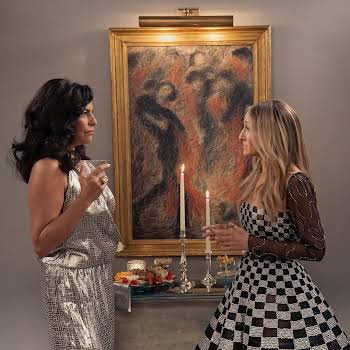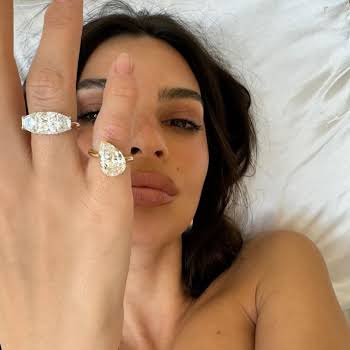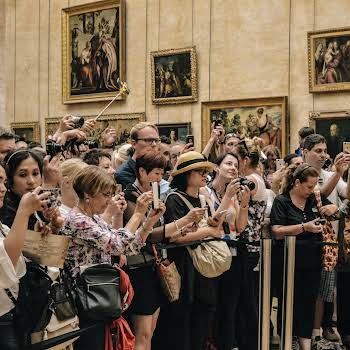
Things Fall Apart: Portraying your true self online isn’t brave – it’s reality
By Lia Hynes
04th Jun 2019
04th Jun 2019
When Liadan Hynes’ marriage fell apart she had to work on adjusting to the new reality. In her weekly column, Things Fall Apart she explores the myriad ways a person can find their way back to themselves
People tell me fairly regularly that I’m brave to write this column. Sometimes they mean it genuinely. Brave to be so honest. At others, when the sentence ends in a question – you’re so braaave? – they actually mean ‘so crazy’, no question about it. To reveal so much.
Either way, I’m not brave. Because to be honest, it doesn’t take much out of me to be this open; because I don’t really think it’s that big a deal; to admit that some things are difficult… That a marriage break-up is difficult. It seems kind of obvious, in fact, that that would be the case.
Bravery
From the point of view of bravery for doing something that is scary; no, I’m not. I don’t find it scary. So I’m not brave, because I’m not scared.
Related: There is nothing more radical than liking your own body
But it’s also because I think it is not brave to simply show yourself truthfully. Or rather, I would like if it was not considered brave.
Since when did it become brave to simply reveal our true selves? As if there was something so scary, so secretly awful, about those selves, that the revealing of them was an act of bravery.
 Photo by Angelo Moleele on Unsplash
Photo by Angelo Moleele on Unsplash
Posts about stretch marks or size-twelve bodies on Instagram are lauded as acts of great bravery. And I get it. It’s not their fault. They are being brave, I suppose. Because the depressing truth is that to admit to anything other than perfection – to admit to normality (be it a stretch mark or a separation) – is deemed some sort of courageous act.
They have been made to feel that their real selves (selves often not even remotely far from the general norms) are so far from the standards of perfection we have set ourselves, that to show them is brave. Come on.
‘What is brave?’
Last week, the writer Rachel Elizabeth Cargle wrote a piece for Harper’s Bazaar titled Why Posing Nude Isn’t ‘Brave’. The standfirst of the piece (the bit that comes directly after the headline), read, “Please note: I’m not a social martyr of courage for simply existing happily in my body”.
In it, she describes the response she had to a portrait she posted of herself on Instagram, taken for a series by photographer Sarah BahBah, in which she was naked.
There was a lot of excited encouragement. And some trolling. But then Cargle noticed something else. Comments she described as posted with the best of intentions, under the guise of encouragement, telling her how brave she was, for posting a picture of her naked body.
View this post on Instagram
“What is brave about my existing happily in my body,” Cargle asked. “What is brave about being seen? Being visible?”
She questioned whether the same statements would have been made if she was a (US) size 4. “Not often do I see thin bodies being hailed as social martyrs of courage and bravery for posing nude and showing skin.
“Telling me that I’m ‘brave’ for simply existing just as I am was a thinly-veiled projection of how people actually feel about a body that looks like mine. You’re what I understand as a body that is not enough, they think to themselves, but you push through with bravery and post that not-enough body anyway”.
To tell someone they are brave, simply for revealing themselves as they are? They’re not brave. Or at least, they shouldn’t have to be considered so.
Lia Hynes’ podcast series, How to Fall Apart is available to stream from multiple platforms, including Spotify, now.
Top photo: Nicole Honeywill via Unsplash
Read more: How To Fall Apart: An Irish female podcast to help you pick up the pieces
Read more: We could all learn something from Jacinda Ardern’s ‘wellbeing budget’
Read more: The power of a compliment – and why Facebook ‘likes’ don’t count























